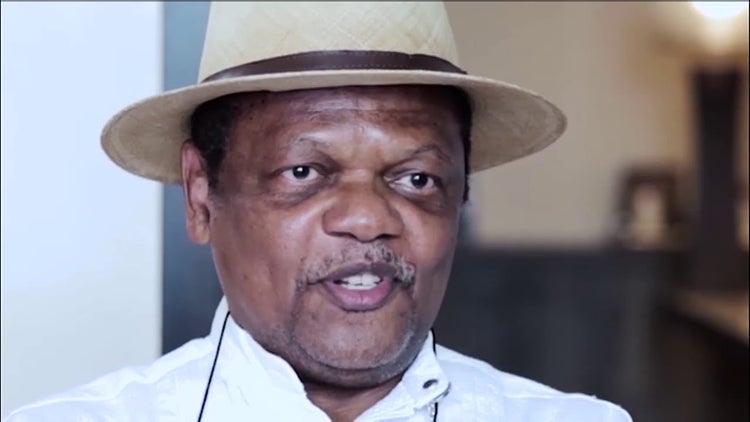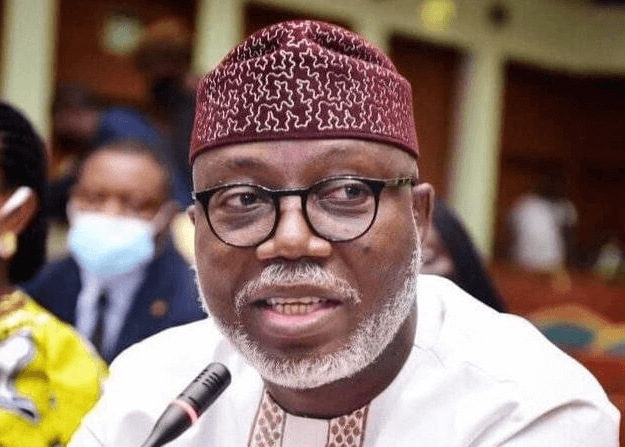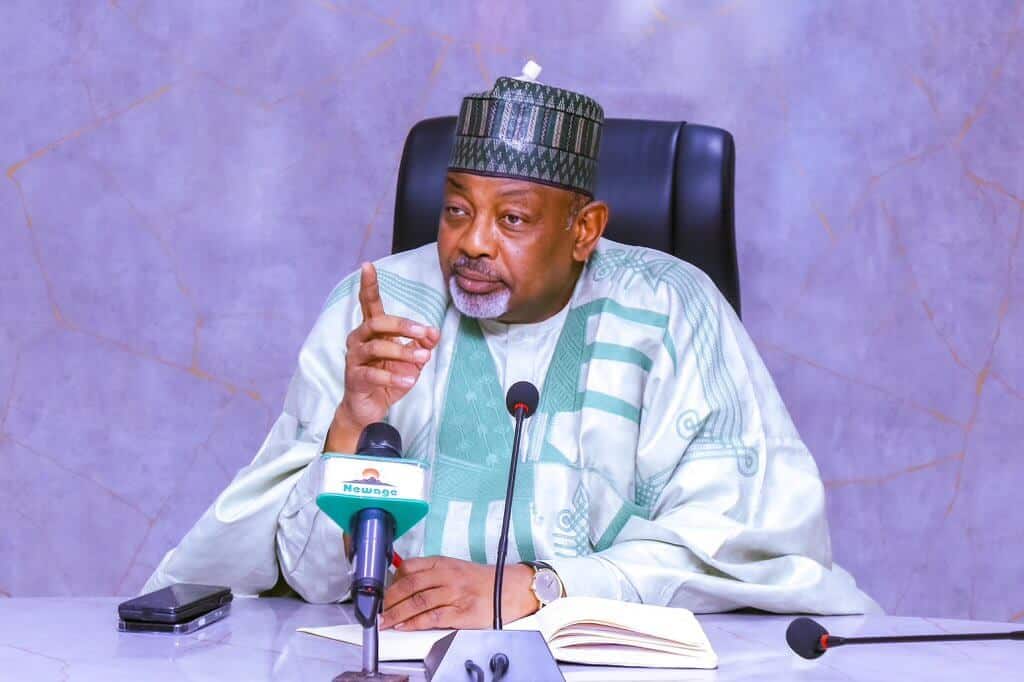Former military president, Ibrahim Badamosi Babangida (IBB), has justified his administration’s spending of the $12.4 billion oil windfall, insisting that the funds were used for national development projects rather than mismanaged, as widely alleged.
Naija News understands that Babangida made this known in his newly released autobiography, ‘A Journey of Service’, where he detailed how his government handled the meteoric rise in crude oil revenue between 1988 and 1994.
He argued that Nigeria’s failure to maximize its oil boom was largely due to excessive government spending, corruption, and a consumer-driven economy that failed to prioritize industrial growth.
Nigeria’s Oil Wealth And Economic Mismanagement
In Chapter 7 of the book, titled “Reforming the Economy: Privatisation, IMF, SAP, and Other Matters,” Babangida traced the misuse of oil revenue back to the early years of crude oil exploration.
He pointed to the 1972 Indigenisation Decree under General Yakubu Gowon’s administration, stating that it led to economic distortions that favored a few elites while undermining Nigeria’s non-oil sectors.
“The heady days of our nation’s oil boom were overshadowed by accusations of corruption,” he wrote, noting that the pattern of reckless spending continued into the Second Republic (1979–1983).
“The profligacy of the Second Republic is now common knowledge. Outside the oil sector, real production was falling, import dependency intensified, and domestic food security eroded as the internal terms of trade turned against agriculture and rural activities,” he wrote.
He added that past governments focused on short-term gains rather than long-term sustainability.
“Instead of using oil gains to diversify the economy, funds were borrowed heavily from outside and expended, not substantially on profitable ventures, but more on conspicuous consumption and prestigious projects, or sometimes just siphoned out of the country,” Babangida lamented.
Babangida Justifies $12.4bn Oil Windfall Expenditure
Responding to criticisms of his government’s management of the 1991 oil windfall, Babangida insisted that the money was spent wisely on infrastructure projects such as ports, bridges, and industrial complexes.
“What I have done is not unusual in this country. Somebody did it before me, but I won’t mention names. We did undertake the construction of various ports and other projects
“That money could have gone into the Federation Account. Yes, but whatever foreign exchange we earned, we monetised it, and those we monetised were what the state governments and local governments were getting.
“And if all we could spend between 1988 and 1994 was $12.4bn, that is very good,” he stated.
Structural Adjustment Programme (SAP) And Economic Overhaul
Babangida recounted how the economic downturn of the mid-1980s, marked by falling oil prices, high foreign debt, and a bloated civil service, led to his government’s declaration of a National Economic Emergency in 1985.
Instead of accepting an International Monetary Fund (IMF) loan, his administration launched a home-grown Structural Adjustment Programme (SAP), aimed at devaluing the naira to reflect its true market value, reducing subsidies to curb government overspending, encouraging local production to reduce import dependency and privatising government enterprises to improve efficiency.
Though controversial, Babangida maintained that SAP was necessary to correct decades of economic mismanagement.
“Reducing subsidies, adjusting exchange rates, and reining in public spending were the only ways to tackle the structural imbalances forged by decades of easy oil money without accountability,” he wrote.
Response To The Okigbo Panel Report
Babangida also addressed allegations of extra-budgetary spending through a Dedicated Account, which was revealed in the Okigbo Panel Report.
The report found that $12.4 billion from the oil windfall was handled through this special account, with $12.2 billion allegedly spent on non-regenerative projects.
Defending his administration, Babangida denied that the funds were stolen, stating that similar practices were common in previous administrations.
“People believed that we shared some kind of booty. I didn’t start Ajaokuta, for example, but by the time I took over, $4bn had been sunk in.
“Having invested so much in it, I thought it would be unfair to allow the whole thing to waste away. So, I invested money to keep the outfit going, and the records show how much was spent,” he stated.
“Easy Oil Money Without Accountability”
Summarizing Nigeria’s economic challenges, Babangida noted that decades of reliance on crude oil revenues without proper investment in industry and agriculture created a fragile economy.
“Our nation’s economic choices were shaped by the legacy of easy oil money without accountability,” he said.
He maintained that despite criticisms, his administration tried to restructure the economy and prevent a total collapse.
“The economic choices we made were painful, but they were necessary to restore our productive capacity,” he concluded.




 3 hours ago
23
3 hours ago
23







 English (US) ·
English (US) ·